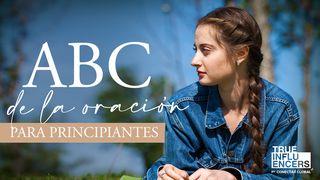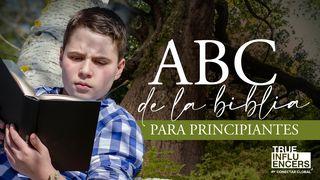Jesus and WomenMuestra

Introduction: Learning the Middle Eastern Way
Read Psalm 56:8.
In the ancient Near East, Jewish women collected their tears in a tear jar and poured them out to God in worship as a sign of faith, embodying God’s message in Psalm 56:8 where He says He keeps our tears in a bottle.
To me, the tear jar represents some of what the woman in Jesus’ first-century world would have experienced. She was not always valued by society; she was often marginalized in the culture of the day. And yet God saw her grief and her struggle. He encouraged her to bring the pain to Him in worship and prayer. And, then, in Jesus, He worked to restore woman and show her His redemptive purposes in her life. He valued her; He lifted her up out of shame. He set her on the path to life. And He desires to do the same for you and for me, as followers of Christ.
The Bible was primarily written by Middle Easterners in a Middle Eastern context. Deeper insight into the Middle Eastern culture and historical context of the time in which the Bible was written will greatly add to our understanding of what the biblical authors meant by what they wrote and what the people described in the Bible did.
One of the major differences between Western and Eastern culture is how we teach and how we learn. Middle Eastern teaching is visual; a rabbi teaches on the go. When Jesus taught, He could usually see the object of His lessons, and His disciples could see it too. This teaching style was not philosophical. It was right here. It was not “up there;” it was “down here.”
Jesus’ style wasn’t to provide a syllabus or a workbook. He was more likely to walk through a field of mustard seed while sharing a parable about how the kingdom of God is like a mustard seed.
In the Middle Eastern way, students learn through discovery rather than the acquisition of knowledge. This is how a rabbi teaches; he guides you into discovery. We are going to strive to view the Bible with a Middle Eastern lens and, at the same time, study a few Bible passages in a traditionally Jewish way, the way rabbis still teach the children in Israel today.
Escritura
Acerca de este Plan

Imagine walking dusty roads of Galilee with Jesus of Nazareth—braving jostling crowds to touch the edge of His cloak and hear Him say, "Take heart, daughter, your faith has healed you." Those words, once meant to comfort a hurting woman’s soul thousands of years ago, were also meant for you. Over five days, join biblical culturalist, Kristi McLelland on those dusty roads as she transports you back to Jesus' world.
More
Planes relacionados

1 Tesalonicenses: Modelos a imitar

ABC De La Oración ... Para Principiantes.

Que El Mundo Crea
Marcas De Un Discípulo

Disciplinas Espirituales

ABC De La Biblia Para Principiantes

La Gracia. 7 Claves Para Vivir en Plenitud.

¡Levántate! 7 Claves Para Levantarte Y Seguir.

No Os Conforméis
